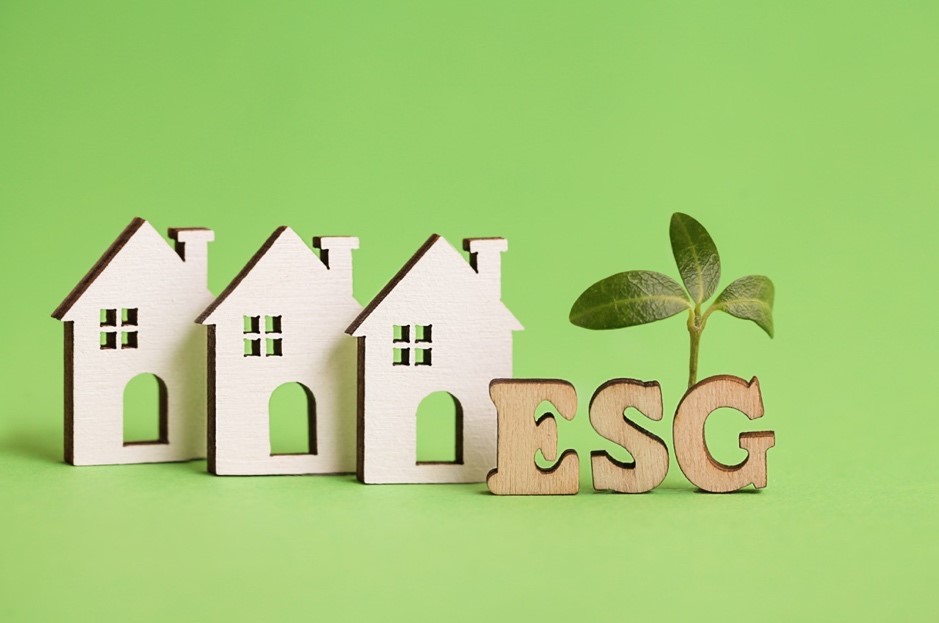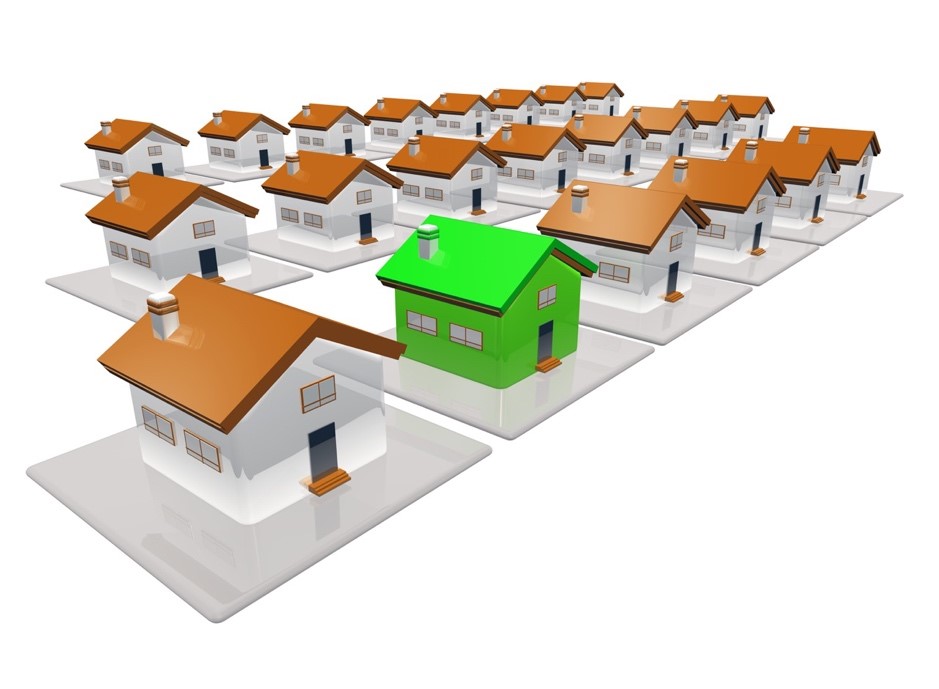Property investment has stood the test of time as a robust avenue for accumulating wealth. Traditional property investment strategies have often focused on maximizing short-term gains, but the landscape is shifting. Today’s discerning investors are giving equal weight to financial, environmental, and social considerations. Enter sustainable property investment: a nuanced approach that aims to provide economic benefits and foster a positive impact on the environment and the community.
What is Sustainable Property Investment?
Sustainable property investment is a growing subset of traditional property investment. It involves integrating environmental, social, and governance (ESG) considerations into real estate investment decisions. The goal is to achieve financial profitability and contribute to a sustainable future by considering the impact of investment choices on natural resources and communities. This practice extends beyond simply adhering to environmental regulations and aims to proactively create value for investors, residents, and the broader ecosystem.

Importance of Energy Efficiency
One of the cornerstone principles of sustainable property investment is energy efficiency. A building’s energy consumption directly correlates with its carbon footprint. A property that utilizes energy-efficient technologies such as advanced HVAC systems, solar panels, or even energy-efficient glass can significantly reduce energy consumption. These kinds of improvements not only contribute to environmental sustainability but also translate to lower utility bills for residents. Lower operating costs, in turn, can make such properties more attractive to potential tenants or buyers, effectively increasing the property’s market value over time.
Role of Material Selection
Material selection is another essential component of sustainable property investment. Sustainable or recycled materials such as reclaimed wood, recycled metal, and low-VOC paint contribute to reducing a building’s environmental impact. Opting for locally sourced materials can reduce the property’s carbon footprint by minimizing transportation-related emissions. These choices are not just ethically sound but can also be financially prudent in the long term. Sustainable materials often offer greater durability, reducing maintenance and replacement costs over the lifetime of the property.

Significance of Location
The location of a property is instrumental in determining its sustainability index. A property located close to public transport hubs or essential amenities like schools, grocery stores, and healthcare facilities encourages a reduced reliance on private vehicles. This has a dual benefit: It contributes to lowering emissions and can be a significant selling point for potential residents who value convenience.
Financial Implications
Investing in sustainable property often comes with various financial incentives. Many local and federal governments offer tax credits or reductions for property owners who implement sustainable features in their buildings. Moreover, a well-executed sustainable property is generally more cost-efficient to maintain and operate, which can be a compelling point for prospective tenants or buyers. This lower cost of ownership makes such properties a viable long-term investment. Further adding to the appeal is the rising consumer awareness around sustainability, making these properties more likely to appreciate in value.

Risks and Considerations
Despite the potential benefits, sustainable property investment is not without risks. The initial capital required for sustainable modifications can be substantially higher than traditional upgrades. There’s also the matter of market volatility; sustainable or not, all properties are subject to market forces that can be unpredictable. Understanding these risks is crucial for making well-informed investment decisions. Overall, the practice of sustainable property investment offers a rewarding but complex landscape for investors keen on aligning their financial objectives with broader environmental and social goals. Through a strategic focus on elements like energy efficiency, material selection, and property location, it is possible to create an investment strategy that is both financially rewarding and ethically sound. While initial costs and market uncertainties pose challenges, the long-term, tangible and intangible benefits make sustainable property investment an avenue worth considering for the conscientious investor.


